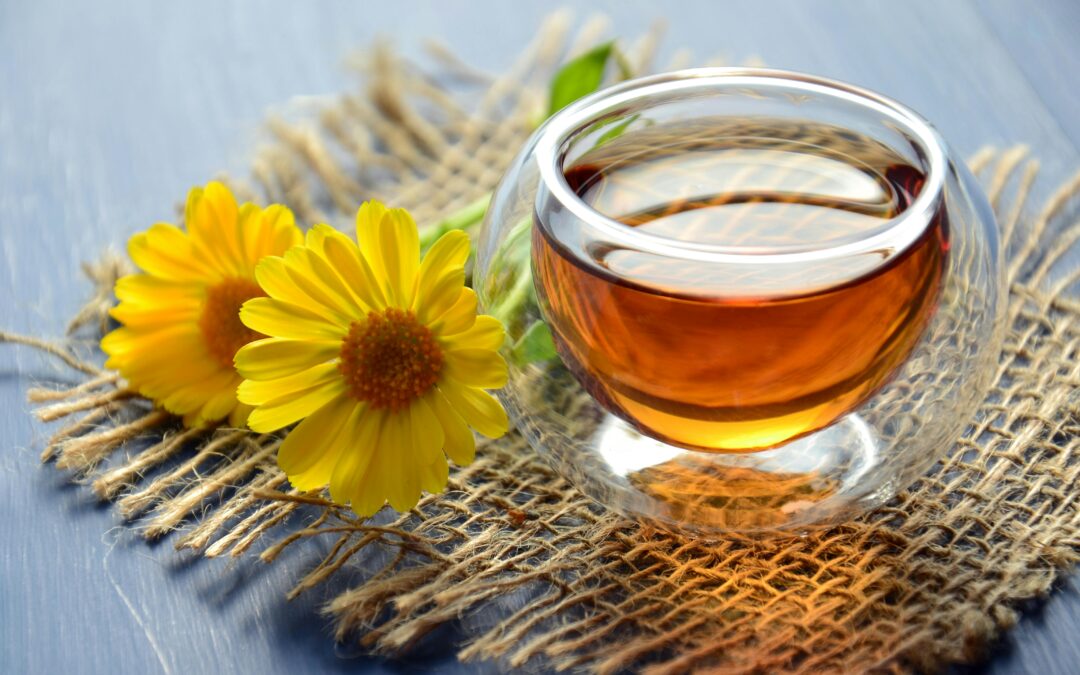A Brief History of Herbal Teas
Herbal teas, also known as tisanes, have been enjoyed for thousands of years by cultures around the world for their medicinal properties and refreshing flavors. The practice of infusing hot water with herbs, flowers, roots, and spices dates back to ancient civilizations such as China, Egypt, Greece, and India, where herbal remedies were revered for their healing properties and spiritual significance.
Throughout history, herbal teas have been used to promote relaxation, alleviate ailments, and enhance overall well-being. From traditional Chinese herbal medicine to Ayurvedic healing practices, the use of medicinal herbs in tea form has been passed down through generations, offering a natural and holistic approach to health and healing.
The Benefits of Herbal Teas
Herbal teas offer a wide range of benefits for both the body and mind, including:
- Digestive Support: Many herbal teas, such as peppermint, ginger, and chamomile, are known for their soothing properties and ability to aid digestion, alleviate bloating, and relieve gastrointestinal discomfort.
- Stress Relief: Herbal teas like lavender, lemon balm, and passionflower contain calming compounds that promote relaxation, reduce anxiety, and improve sleep quality, making them ideal for unwinding after a long day.
- Immune Boosting: Certain herbs, such as echinacea, elderberry, and astragalus, possess immune-boosting properties that help strengthen the body’s natural defenses and protect against illness, particularly during cold and flu season.
- Antioxidant Support: Many herbal teas are rich in antioxidants, which help combat oxidative stress, reduce inflammation, and support overall health and vitality.
- Hydration: Herbal teas provide a hydrating alternative to sugary beverages, helping to keep the body properly hydrated and promoting healthy skin, digestion, and detoxification.
Delightful Herbal Tea Blends to Try
- Chamomile Lavender: A soothing blend of chamomile flowers and lavender buds, perfect for promoting relaxation and restful sleep.
- Ginger Turmeric: A warming blend of ginger root and turmeric, prized for its anti-inflammatory properties and digestive benefits.
- Peppermint Eucalyptus: A refreshing blend of peppermint leaves and eucalyptus leaves, ideal for relieving congestion and promoting respiratory health.
- Hibiscus Rosehip: A tart and tangy blend of hibiscus flowers and rosehip berries, packed with vitamin C and antioxidants for immune support.
- Lemon Ginger: A zesty blend of lemon peel and ginger root, known for its uplifting and invigorating properties.
Incorporating Herbal Teas Into Your Wellness Routine
Whether you’re looking to unwind after a stressful day, support your immune system, or simply enjoy a flavorful and comforting beverage, herbal teas offer a versatile and nourishing addition to your wellness routine. Here are some tips for incorporating herbal teas into your daily life:
- Experiment with different herbal blends to discover your favorites and explore their unique flavors and benefits.
- Enjoy a cup of herbal tea as part of your morning ritual, afternoon pick-me-up, or evening wind-down routine.
- Enhance the therapeutic benefits of herbal teas by pairing them with mindful practices such as meditation, deep breathing, or gentle stretching.
- Get creative in the kitchen by using herbal teas as a base for homemade syrups, cocktails, smoothies, or culinary infusions.
May you find joy, nourishment, and wellness in every sip as you continue on your own herbal tea journey.

